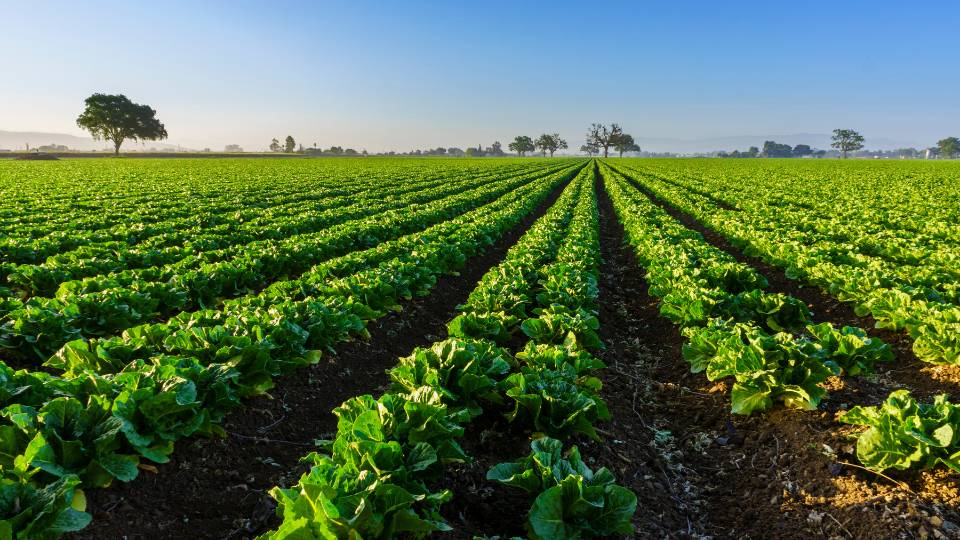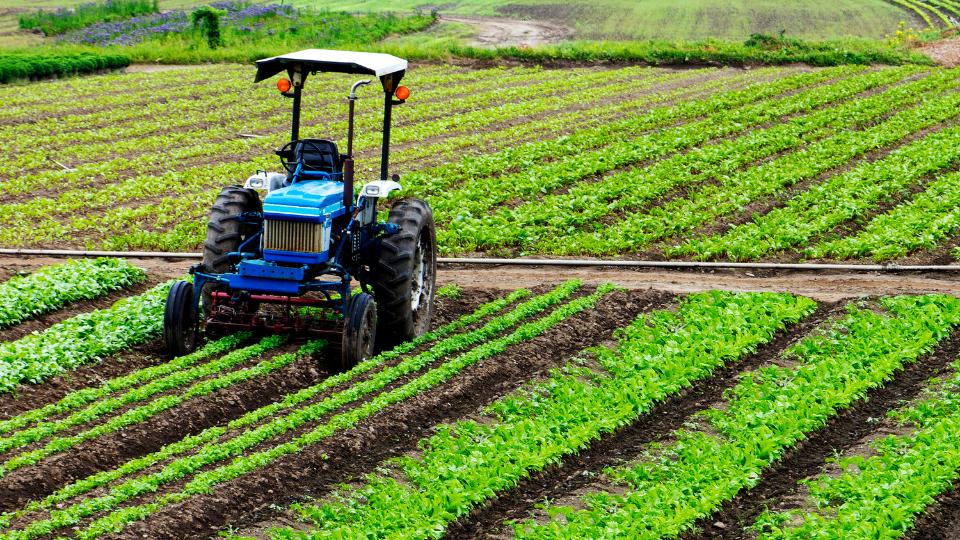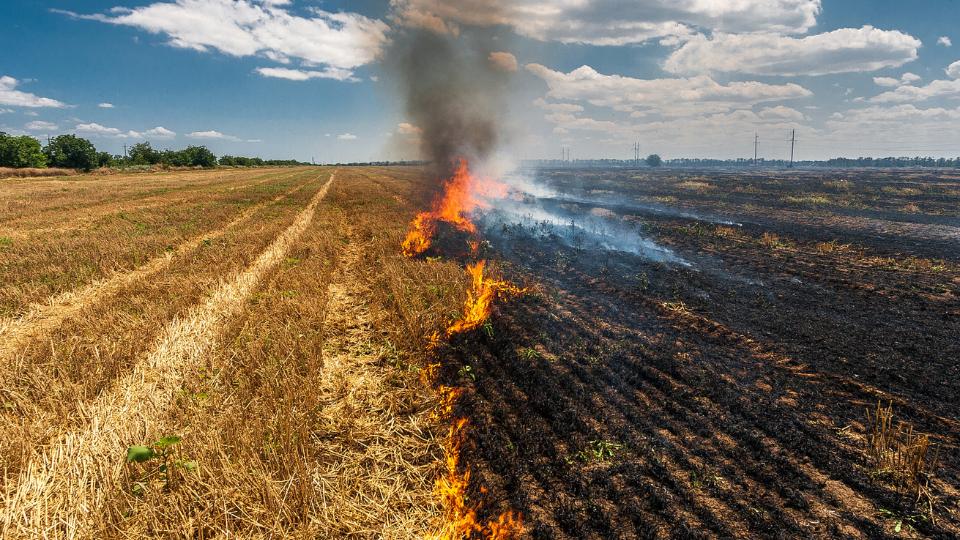
Agricultural waste, or farm waste, is a significant aspect of the farming industry that demands careful consideration.
In this guide, we will discuss various aspects of agricultural waste, including disposal methods, bioethanol production, types of waste, water pollution concerns, burning practices, and the regulations in the UK.
Table of Contents:
- Understanding Agricultural Waste
- Types of Agricultural Waste
- Agricultural Waste Disposal Methods
- Bioethanol Production from Agricultural Waste
- Water Pollution in Agricultural Waste
- Agricultural Waste Burning
- UK Agricultural Waste Regulations
- Agricultural Waste Facts & Statistics
- Conclusion
Understanding Agricultural Waste
Agricultural waste includes a diverse range of materials generated through farming activities.
These can be broadly classified into two categories: organic and inorganic waste.
Organic waste includes crop residues, manure, and other plant or animal by-products, while inorganic waste comprises non-biodegradable materials like plastic and packaging.
Want to know where agricultural waste goes? Read our dedicated blog!
Types of Agricultural Waste
1. Crop Residues
After harvesting, the leftover stalks, leaves, and roots from crops constitute crop residues. These can be repurposed for various applications, such as animal bedding or as a source of biomass.
2. Livestock Waste
Manure and bedding materials from livestock contribute to agricultural waste. Effective management is crucial to mitigate environmental impacts.
3. Agrochemical Containers
Pesticide containers and fertiliser bags contribute to inorganic agricultural waste. Proper disposal methods are essential to prevent soil and water contamination.

Agricultural Waste Disposal Methods
Efficient agricultural waste disposal is vital for environmental sustainability. Farmers can choose from several methods, including:
1. Composting
Organic waste can be composted to create nutrient-rich fertilisers for crops. This method reduces landfill usage and enhances soil fertility.
2. Recycling
Inorganic waste, such as plastic containers, can be recycled to minimise environmental impact. Many agricultural plastics are recyclable, and farmers should adhere to recycling guidelines.
3. Biomass Conversion
One innovative approach involves converting agricultural waste into bioenergy, such as bioethanol. This process not only disposes of waste but also produces a renewable energy source.
Read more in our blog about food waste to energy conversion!
Bioethanol Production from Agricultural Waste
The production of bioethanol from agricultural waste is a promising avenue for sustainable energy.
By fermenting organic materials, farmers can contribute to renewable fuel production, reducing dependence on fossil fuels.
Want to read more about converting agricultural waste into bioenergy? Read our blog!
Water Pollution in Agricultural Waste
Improper disposal and management of agricultural waste can lead to water pollution, posing risks to aquatic ecosystems.
Runoff from fields carrying pesticides and fertilisers can contaminate water sources, affecting both human health and biodiversity.
Agricultural Waste Burning
While burning agricultural waste may seem like a quick solution, it has detrimental environmental consequences and it’s also illegal (you could be fined!).
Air pollution, greenhouse gas emissions, and soil degradation are among the issues associated with this practice. Sustainable alternatives like composting and recycling should be prioritised.

UK Agricultural Waste Regulations
The UK has stringent regulations governing agricultural waste management. Farmers must comply with guidelines on the storage, disposal, and transportation of waste.
Non-compliance may result in penalties, emphasising the importance of responsible waste management practices.
Fortunately, if you use a commercial waste management service, your farm will be compliant with its waste disposal (as long as you’re keeping your waste separated and stored safely before collection day).
Agricultural Waste Facts & Statistics
- In the UK, over 10 million tonnes of agricultural waste are generated annually, highlighting the scale of the issue.
- Worldwide, agriculture generates a substantial amount of waste, with estimates ranging from 1.3 to 2.1 billion tons annually.
- Agricultural runoff is a significant contributor to water pollution. In the UK, agricultural activities are linked to a considerable percentage of water pollution incidents, affecting rivers, lakes, and other water bodies.
- Plastic waste from agrochemical containers and packaging materials is a growing concern. Globally, agriculture is a substantial contributor to plastic pollution, with millions of tons of plastic used annually.
- The burning of agricultural waste, a practice still prevalent in some countries (illegal in the UK), contributes to greenhouse gas emissions. Methane and carbon dioxide released during burning contribute to climate change and air pollution.
Did you know that some animals are amazing at recycling? Learn more in our blog about the most environmentally-friendly animals!
Conclusion
Agricultural waste management is a multifaceted challenge that demands attention from farmers and policymakers alike.
By adopting responsible disposal methods, exploring bioenergy options, and adhering to UK regulations, the agricultural sector can contribute to a more sustainable and environmentally friendly future.
Share this guide to spread awareness about the importance of proper agricultural waste management in the UK.
If you’re a farm owner or business owner looking to get your agricultural waste removed on a weekly or fortnightly basis then get a quote from our team.








